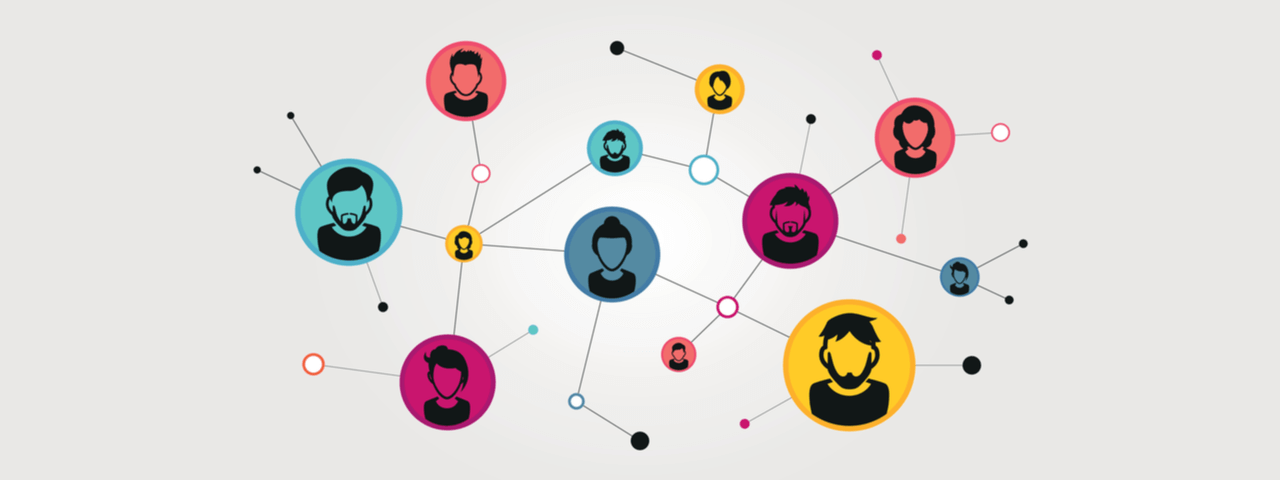Diversity, equity, and inclusion are no longer merely rules, initiatives, or headcounts; they are a way of life. And most diverse and inclusive companies outperform their competition by recognizing each team member's unique needs, viewpoints, and potential. As a result, a diverse and inclusive workplace fosters more trust and commitment among its employees.
Increased trust and commitment amongst employees directly impact the company's success. In fact, according to Deloitte research, a diverse and inclusive team outperforms its colleagues. The report adds that companies that use people analytics to measure diverse and inclusive talent strategies in hiring, promotion, development, leadership, and team management produce up to 30% more revenue per employee. But this is not always the case!
According to a report, while diverse teams outperform and out-innovate homogenous teams, they can also be less productive at times. This is because a diverse group of people with varying thought patterns and behaviors, comparable backgrounds, and experiences force each individual to anticipate alternate and unexpected points of view from others on the same subject. This adds to the difficulty of reaching an agreement. People must also work harder to clarify their thoughts and broaden their viewpoints to include unexpected opinions from others. This inclusion of individuals and their views takes more time and work and necessitates a high level of responsiveness and skill, but it is considerably more beneficial once achieved.
Inclusion Leads to Increased Participation and Decision-Making
What if you could bring every employee closer to peak performance? Consider how it may benefit not only collaboration, creativity, and engagement but also your desired business objectives.
According to research, this is what happens when meaningful workplace inclusion is established. The Korn Ferry research also states that inclusive teams make better decisions 87% of the time. According to Salesforce, when their opinions are acknowledged at work, 73% of employees feel inspired to perform at their best.
As understood, inclusive leaders thrive at getting the most out of diverse teams and creating environments where everyone is empowered to fulfill their full potential. But that's not all they can do!
Workplace Inclusion Promotes Growth
In the twenty-first century, one of the primary goals of nearly every business is to grow. And inclusive leadership is required to solve this undertaking. It's no surprise that diverse and inclusive organizations are 70% more likely to gain new markets and 19% more likely to see higher innovation revenue.
Inclusion Is Essential for Creating Future-Ready Organizations
The evidence is clear: diversity and inclusion increase organizational success in virtually every significant metric. You will have a significant competitive advantage if you get both components right. 'Both' is the keyword here!
To summarize, companies must do more than simply diversify their talent pools to survive and thrive in the future. They must also foster inclusive cultures that meet the needs of all employees and enable everyone in the organization to attain their full potential. This might be accomplished by creating an environment where everyone feels comfortable being themselves—an environment in which they are supported, respected, and valued for who they are and their unique contributions.



